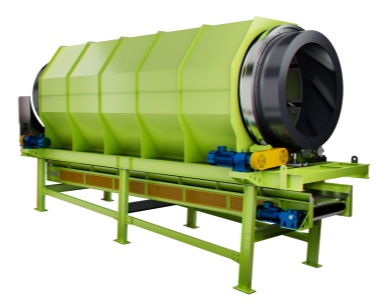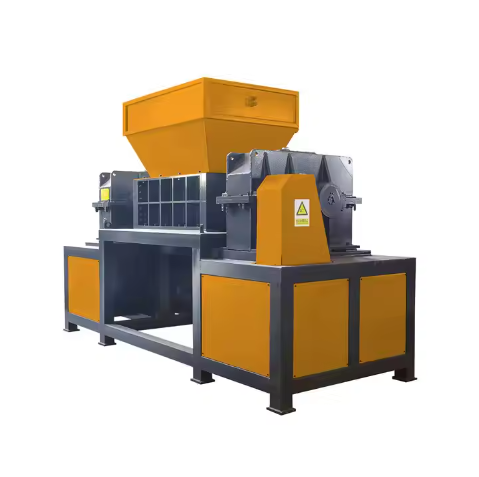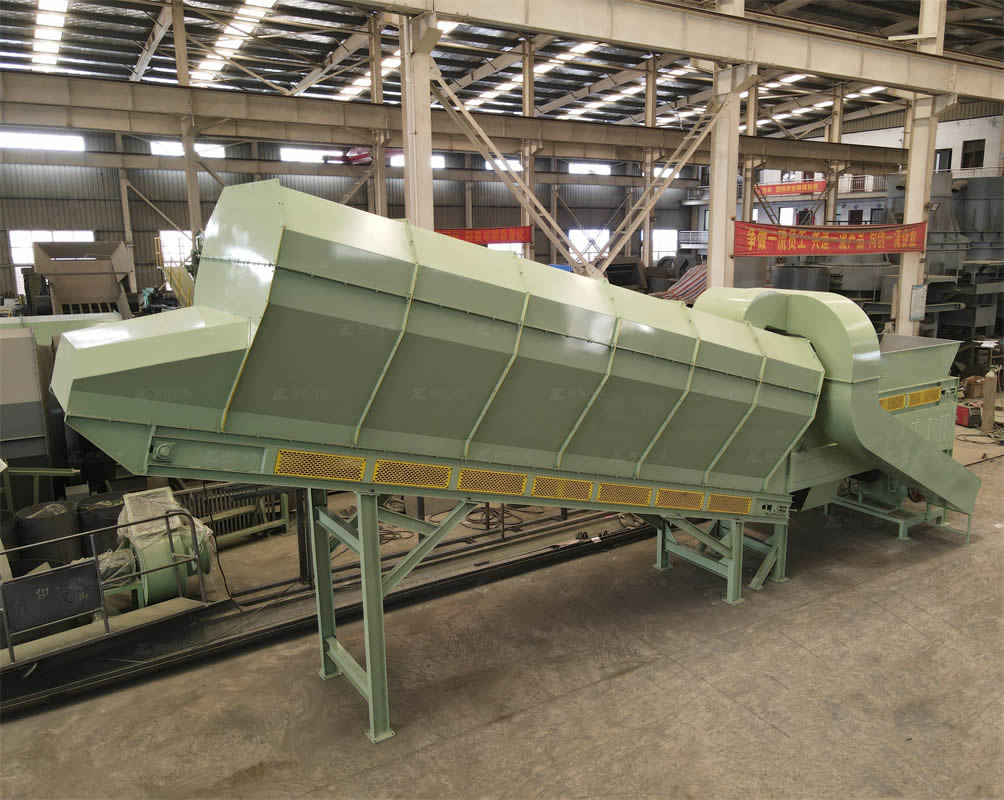municipal solid waste treatment plant
Municipal Solid Waste Treatment Plants: A Key Component of Sustainable Waste Management
Introduction
Municipal solid waste (MSW), commonly known as household waste, consists of everyday items discarded by residents, such as packaging, food scraps, and various household products. The effective management of MSW is critical for maintaining public health, conserving natural resources, and mitigating environmental pollution. Municipal solid waste treatment plants (MSWTPs) play a vital role in this process by implementing various technologies to manage and process this waste in an environmentally friendly manner.
Overview of Municipal Solid Waste Treatment
Municipal solid waste treatment involves a series of steps aimed at reducing the volume of waste, recovering valuable materials, and ensuring safe disposal. The primary goals are to minimize the environmental impact of waste and maximize resource recovery. MSWTPs typically include the following processes:
Pre-treatment: This stage involves sorting and separating waste into different categories, such as organic waste, plastics, paper, glass, and metals. Advanced machinery, such as automated sorting systems, can efficiently segregate materials based on size, weight, and material type.
Biological Treatment: Organic fractions of the waste are treated using biological processes, such as composting and anaerobic digestion. Composting converts organic waste into nutrient-rich compost suitable for agricultural use, while anaerobic digestion produces biogas, which can be used as a renewable energy source.
Thermal Treatment: Non-compostable waste may undergo thermal treatment, including incineration and pyrolysis. Incineration involves burning waste at high temperatures to reduce its volume and produce energy, whereas pyrolysis breaks down waste into smaller molecules under heat and pressure without oxygen, yielding gases, oils, and char.
Mechanical Treatment: This includes shredding and compacting waste to reduce its volume and prepare it for further processing or disposal. Shredded materials can sometimes be used as fuel in certain industrial applications.
Recycling: Recyclable materials, such as plastics, metals, and paper, are processed to recover raw materials that can be reused in manufacturing new products.
Final Disposal: Any residual waste that cannot be recycled or recovered is safely disposed of, often in sanitary landfills that are engineered to prevent contamination of groundwater and soil.
Impact on Waste Management and the Environment
Municipal solid waste treatment plants have a profound impact on both waste management and the environment:
Reduced Landfill Use: By recovering materials and energy from waste, MSWTPs decrease the volume of waste sent to landfills, extending their lifespan and reducing the need for new landfill sites.
Resource Recovery: The recovery of materials like metals and plastics from waste reduces the demand for virgin resources, conserving natural materials and reducing the energy required for production.
Energy Generation: Processes like incineration and anaerobic digestion generate energy, contributing to the reduction of greenhouse gas emissions compared to traditional landfilling.
Public Health Benefits: Proper waste management minimizes the risk of diseases and pests, improving public health and safety.
Challenges and Opportunities
While municipal solid waste treatment plants offer numerous benefits, they also face challenges, including high capital and operating costs, the need for advanced technology, and the requirement for skilled personnel. To overcome these challenges, there is a growing trend towards integrated waste management systems that combine multiple treatment technologies and emphasize waste prevention and recycling.
Conclusion
Municipal solid waste treatment plants are essential components of sustainable waste management strategies. Through the implementation of advanced technologies and processes, these facilities contribute to environmental protection, resource conservation, and public health improvement. As cities continue to grow and generate more waste, the development and optimization of MSWTPs will remain a critical priority for ensuring a sustainable future.
-
 Trommel screenTrommel screen, also known as drum screens, are widely used in various industries for sorting and separating materials.Get Quote
Trommel screenTrommel screen, also known as drum screens, are widely used in various industries for sorting and separating materials.Get Quote -
 Crop straw double shaft shreddApplications:Biomass Energy Production: Shredded straw can be used as a feedstock for bioenergy plants to produce electricity or heat.Livestock Feed: Reduced-si...Get Quote
Crop straw double shaft shreddApplications:Biomass Energy Production: Shredded straw can be used as a feedstock for bioenergy plants to produce electricity or heat.Livestock Feed: Reduced-si...Get Quote -
 Zhongcheng Air Drum SeparatorAir drum separators effectively separate lightweight materials (e.g., plastics, paper) from heavier materials (e.g., metals, glass). This high efficiency is cru...Get Quote
Zhongcheng Air Drum SeparatorAir drum separators effectively separate lightweight materials (e.g., plastics, paper) from heavier materials (e.g., metals, glass). This high efficiency is cru...Get Quote
-
2023-01-18RDF Making MachineRDF (Refuse Derived Fuel) making machine is a specialized equipment used in waste management and energy recovery processes. Its primary function is to convert v...
-
2024-04-13Wobbler FeederWobbler feeder is a type of feeding equipment that uses rotating elliptical bars, known as wobblers, to separate materials based on size and type before they re...
-
2023-01-11Trommel screenTrommel screen, also known as drum screens, are widely used in various industries for sorting and separating materials.
-
2024-06-06Drum Screen For Composting PlantDrum screen, also known as a rotary drum screen or trommel screen, is an essential piece of equipment used in composting plants for the separation of compost ma...
-
2024-08-05Hot-sell Coconut Shredderworking principleCoconut shell shredder usually uses the force generated by cone and spiral to evenly squeeze the coconut meat in the grinding chamber between t...



